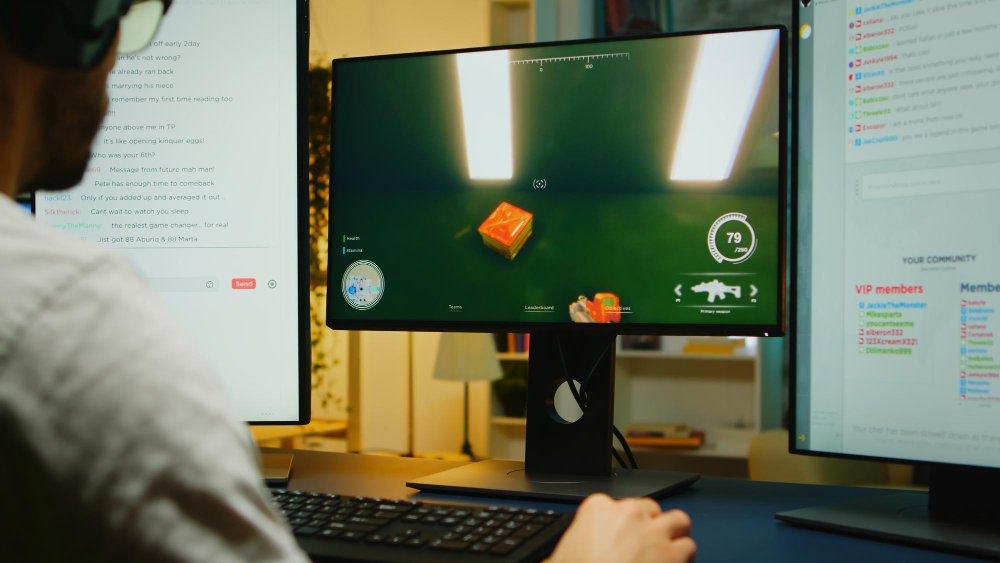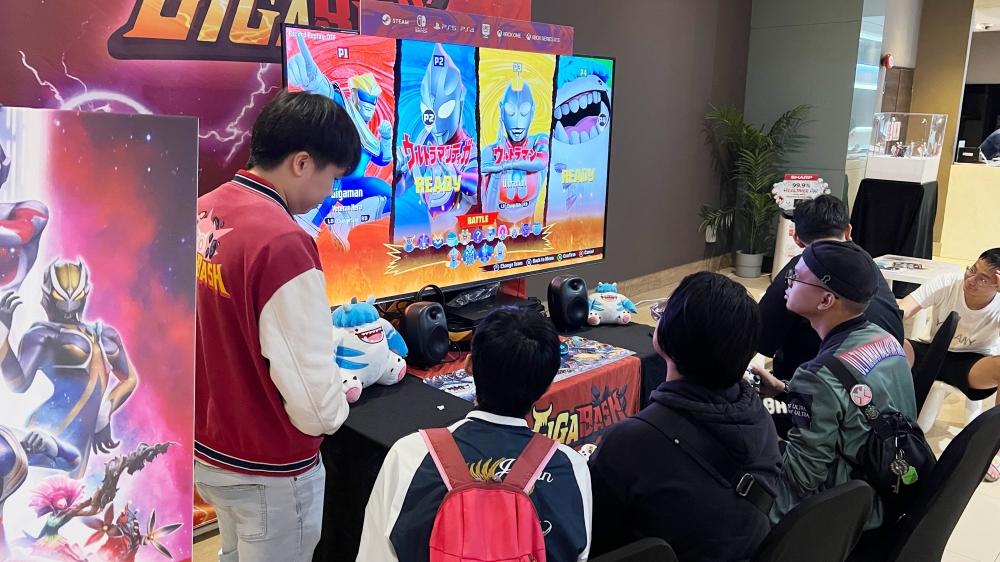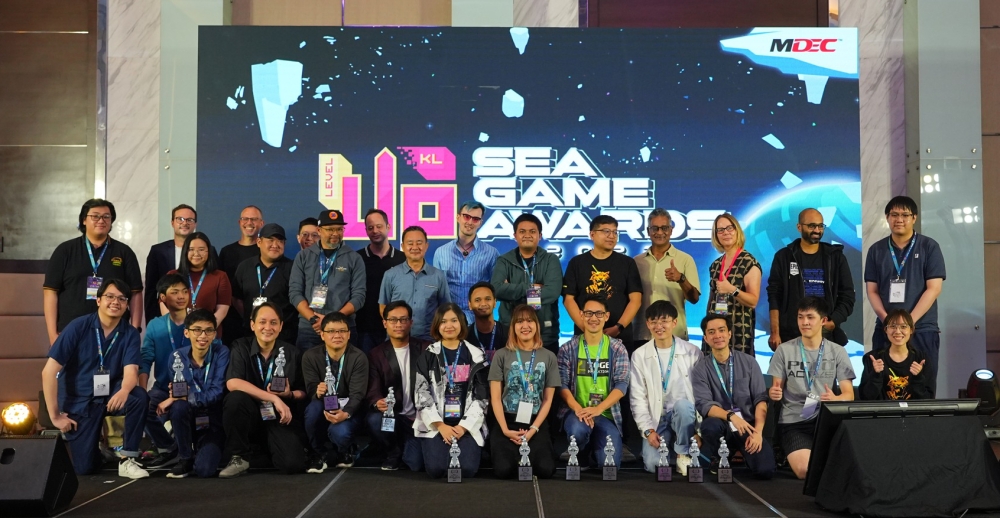KUALA LUMPUR, Nov 9 — You’ve probably heard that Japan and the United States are hotbeds for video game giants, like Nintendo and Electronic Arts.
But what’s happening in Malaysia? How does its gaming industry stand up on the global stage?
If you’re curious, you’re in luck: Malay Mail has explored the Malaysian gaming scene, speaking with local developers to provide you with an exclusive look at this fast-growing industry.

Has the industry changed much?
Shawn Beck, 37, studio director of Weyrdworks, said that when he entered the industry in 2011, Malaysia’s game development scene was small, with few established studios and limited global recognition.
Studios like Kurechii and Appxplore were notable, but most developers were hobbyists or small teams with limited resources.
Kurechii are known for creating games like Postknight and King’s League, while Appxplore developed Claw Stars and Light a Way: Tap Tap Fairytale.
Today, the landscape has improved, thanks to Malaysian government grants and initiatives that provide essential funding and resources.
In addition to Kurechii and Appxplore, other studios such as Passion Republic Games, Metronomik, and Kaigan Games have also gained prominence.

Events showcasing local games
To see how much the gaming industry has evolved, look no further than events like Level Up KL.
Started in 2016, this event is all about showcasing indie games from Malaysia and South-east Asia.
The 2023 edition featured a demo floor packed with standout Malaysian-made games like Kabaret, Zombie Soup, and Chiyo.
Additionally, the Ultraman The Hero Premiere 2024 event at Sunway Pyramid drew crowds with Gigabash, a fighting game where players play as giant monsters.
This collaboration between Gigabash and the Ultraman franchise is what brought the character of Ultraman into the game and a special guest character.
Are more Malaysians diving into local games these days?
Yes, games like Gigabash, Rhythm Doctor, and No Straight Roads are just a few examples of the local games Malaysians are really into.
Gigabash boasts a player satisfaction rate of 88.73 per cent, while Rhythm Doctor stands out with an impressive 98.4 per cent.
No Straight Roads also shows strong player satisfaction at 90.6 per cent.
Malaysians are increasingly drawn to these games, thanks to their improved graphics and captivating storylines.
Are Malaysian games made differently from Western titles?
All video game typically involves these steps:
- Pre-production (Planning)
- Production (Creation)
- Testing (Quality assurance)
- Pre-Launch (Marketing)
- Launch (Release)
- Post-Production (Maintenance)
Hafiz Azman, 33, co-lead at 7th Beat Games, told Malay Mail these steps are more relevant for larger studios managing budgets and team communication.
“If you’re making a game by yourself, you don’t need these steps, you can just plan the game while you are also programming it,” said Hafiz.
At 7th Beat Games, development starts with a basic prototype to test gameplay.
If promising, it moves to production, where graphics, level design, and audio are developed.
The game then undergoes private testing to refine difficulty and fix issues before launch.
Post-launch, developers continue to update the game based on player feedback.
The development time for one Malaysian-made game can range from a few days to several years, depending on the project’s scope.
Challenges for game developers
Hafiz highlighted that distance from major industry hubs presents significant challenges, such as higher costs for attending key conferences and limited access to industry networks and resources.
On the other hand, Beck identified retaining experienced developers as another major issue.
Many talented professionals leave for better opportunities abroad, which forces the industry to rely on less experienced developers.
Beck explained, “This cycle hampers sustained growth and knowledge transfer within the industry.”
He also noted that budget constraints are a constant issue.
“Budget is always a problem no matter what we do.”

How the Malaysian game industry can grow
To help Malaysia’s game industry grow, Beck suggests focusing on talent development.
Training more developers and ensuring knowledge transfer to the next generation is essential.
Building a strong mentorship culture, creating more opportunities for international collaboration, and enhancing educational programs are also crucial.
“With the right support and mindset, Malaysian game developers can achieve great things,” Beck noted.
Hafiz concurred, pointing out that substantial support already exists, including grants from the Malaysia Digital Economy Corporation (MDEC), various game development courses, and local International Game Developers Association (IGDA) events.
He believed that the focus should be on local developers effectively utilising these existing opportunities rather than seeking additional help.
The future of game development in Malaysia
Beck believes that Malaysia is on the brink of a new era in game development, thanks to the rise of high-quality educational programmes.
Universities such as Asia Pacific University of Technology and Innovation (APU) and UOW Malaysia have introduced game development courses.
Hafiz said he is optimistic about the future, noting that game-making tools like Unity and Gamemaker are now more accessible than ever.
He cited China’s success with the AAA game Black Myth: Wukong and eagerly anticipates Malaysia’s first major big-budget game.



















